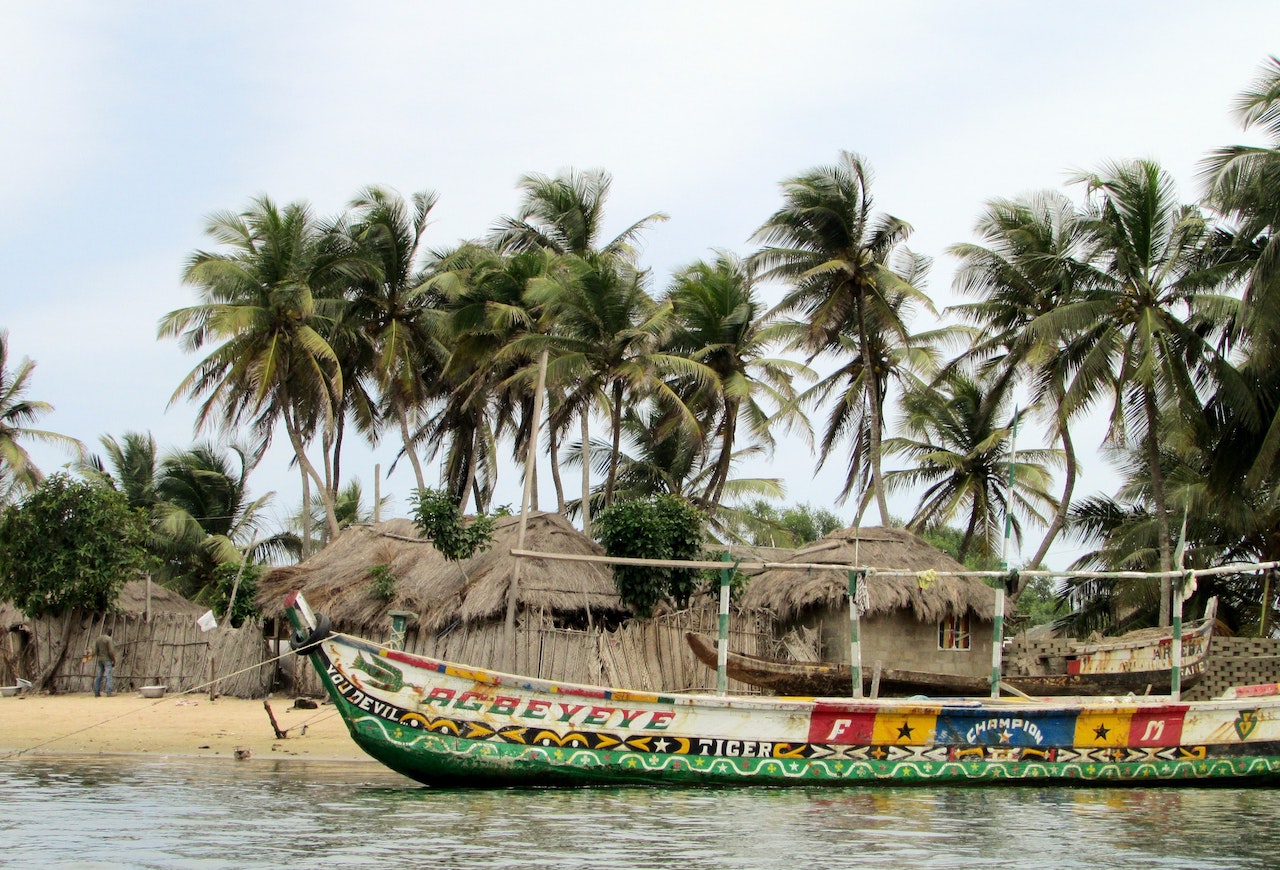The fund, which has backing from the UK government, will support local capital providers investing in SMEs whose activities help meet UN sustainable development goals.

A UK-government-backed fund being established in Ghana aims to generate $75m of funding for local capital providers investing in SMEs whose activities help meet UN sustainable development goals (SDGs).
The Ci-Gaba Fund of Funds will invest in Ghana and more widely in West Africa. A grant from the UK government’s Research and Innovation Systems for Africa (RISA) Fund will allow Ci-Gaba to set up operations, bring in anchor funders and launch.
Such initiatives capable of providing capital at scale are urgently needed to fill a financing gap for SMEs across sub-Saharan Africa – one that the International Finance Corporation estimated already stood at more than $330bn in 2018. Since then Africa’s fragile SME sector has been buffeted by multiple storms from the COVID pandemic to the Ukraine war and debt crises.
The Ci-Gaba fund is the initiative of Impact Investing Ghana (IIGh), a private sector-led initiative supporting impact investment in Ghana, which brings together leaders from finance, business, government, social organizations, and philanthropy. As the country’s National Advisory Board (NAB) on impact investing, it represents Ghana on the Global Steering Group for Impact Investing (GSG), which represents NABS from 35 countries.
Amma Lartey, IIGh’s chief executive said the organisation had been engaged in consultations with local pension funds, foundations, international development partners and development finance institutions over the last year to come up with the best design for the fund.
“Innovative solutions that are designed with the key local and international capital providers, whose buy-in is needed to unlock capital for SMEs, is vital,” she said.
IIGh works in partnership with the national government to tackle Ghana’s pressing social and environmental challenges by raising awareness, creating market intelligence, changing policies, and mobilising additional financial resources for the public good. It aims to catalyse $1bn in impact funds for investment in ventures in Ghana and West Africa in general.
Michele Bradford, the RISA fund’s team leader, said the sustainable financing vehicle being created by IIGh could be replicated and shared with the RISA fund’s partners across its regional portfolio. The RISA programme backs research and innovation in Ghana, Kenya, Nigeria, Rwanda, South Africa, and Ethiopia. The programme runs from 2021 to 2024. Funding for RISA comes from UKAId, a challenge fund financed by the UK’s foreign ministry.






